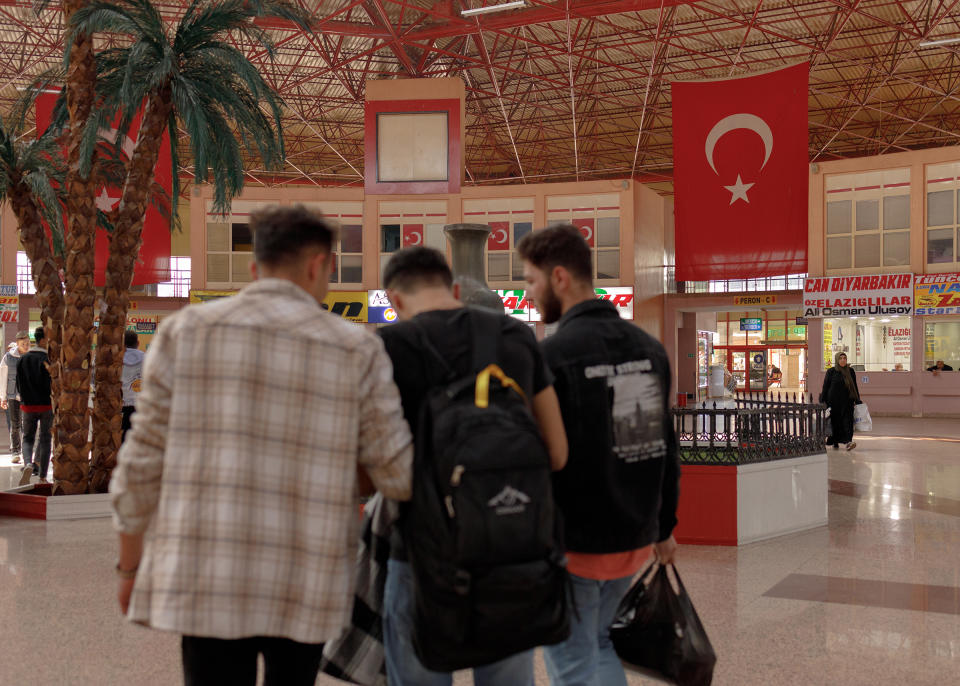It Took an Earthquake for These Syrian Refugees to Feel at Home in Turkey

Mehdi*, 23, and Samir*, 24, originally from Aleppo and based in Gaziantep, Turkey, look out at Bursa, a city close to Istanbul where the two brothers found refuge after the Turkish government granted 60-days travel permission to Syrians under temporary protection, in April. (Their names have been changed.) The $500 provided by the government to all affected families also helped Mehdi and Samir to temporarily move away from their adopted city, while the aftershocks continued. Credit - Carola Cappellari
When a series of earthquakes killed thousands along the Turkish-Syrian border in February, many of the 3.6 million Syrian refugees who settled in Turkey after the beginning of the civil war returned to Syria.
The Turkish government had initially granted Syrian refugees permission to leave the quake-hit Turkish provinces for up to two months; as a result, hundreds lined up for hours at border crossings in an attempt to reunite with family members back in Syria.
Most Syrian refugees are registered in Turkey under a Temporary Protection Regulation, which grants them access to basic education and health care but it also requires they not leave the provinces in which they are registered. Major cities like Istanbul, Ankara and Izmir had already stopped allowing such registrations in the early stages of the refugee crisis. The majority of Syrians today live in Turkey’s south-eastern regions, closer to their homeland.
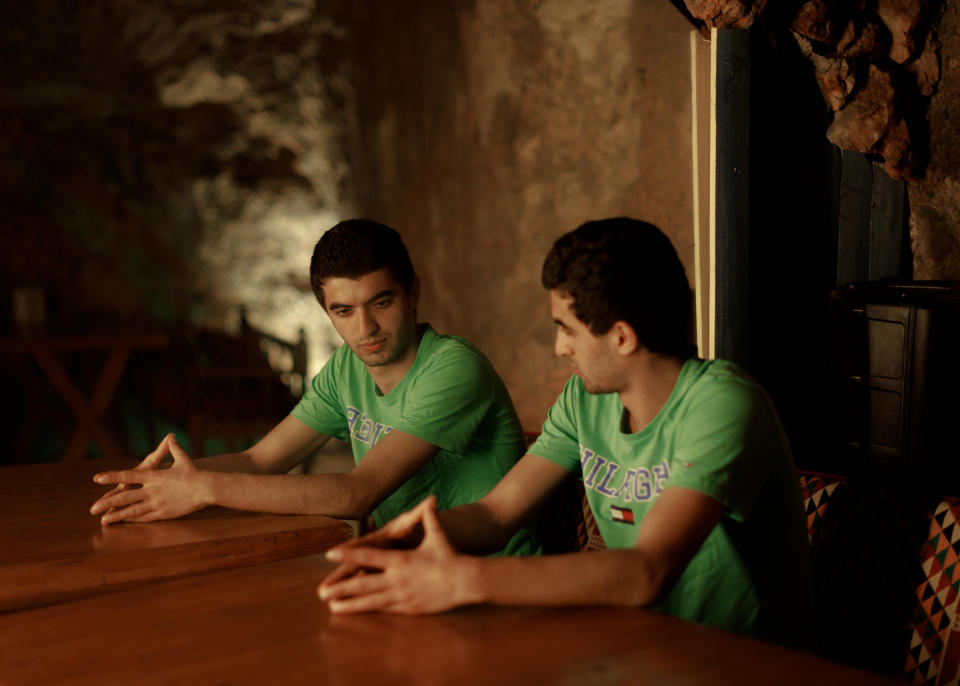
Read More: Photos Show Miraculous Survival Alongside Devastation After Earthquakes in Middle East
For a brief moment, despite reviving the sorrows and pain of displacement, the earthquakes in Turkey provided a rare opportunity for Syrians living in the affected area to move freely, reconnect with relatives scattered across other provinces and to visit what Turkey has to offer—from major cities to its most iconic monuments—for the first time in their lives.
Italian photographer Carola Cappellari documents the lives of Syrian refugees along Turkey’s south-eastern borders. Through her work, she strives to counter the narrative of Syrians simply as hopeless victims of war.
“I wanted to focus on the resilience of these communities affected by forced migration, and especially of young people,” Cappellari explains.
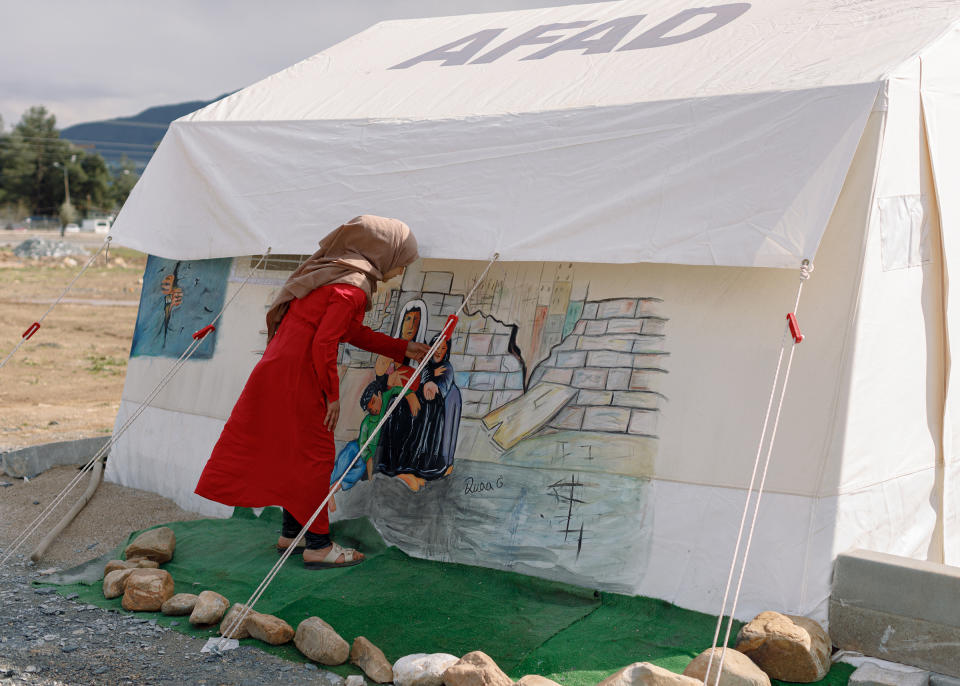
According to a 2017 document listing refugee rights in Turkey, returning to Syria is allowed but will count as “voluntary return” and could be “considered grounds for cessation of temporary protection.”
That’s why many preferred to use their freedom to travel to visit other parts of the country that has hosted them for years.
Read More: War Through Syrian Eyes
A whole generation of Syrians who grew up in Turkey has never seen anything outside their province of assignment. Through her photography, Cappellari documented the astonishment and curiosity of young Syrians discovering new places for the first time after many years while they savored their freedom.
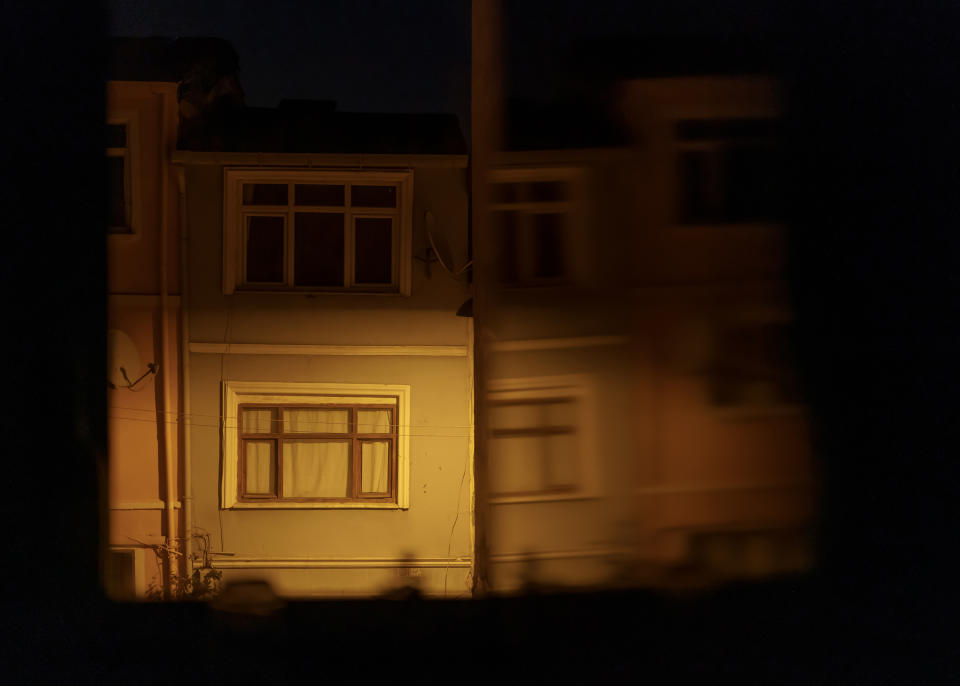
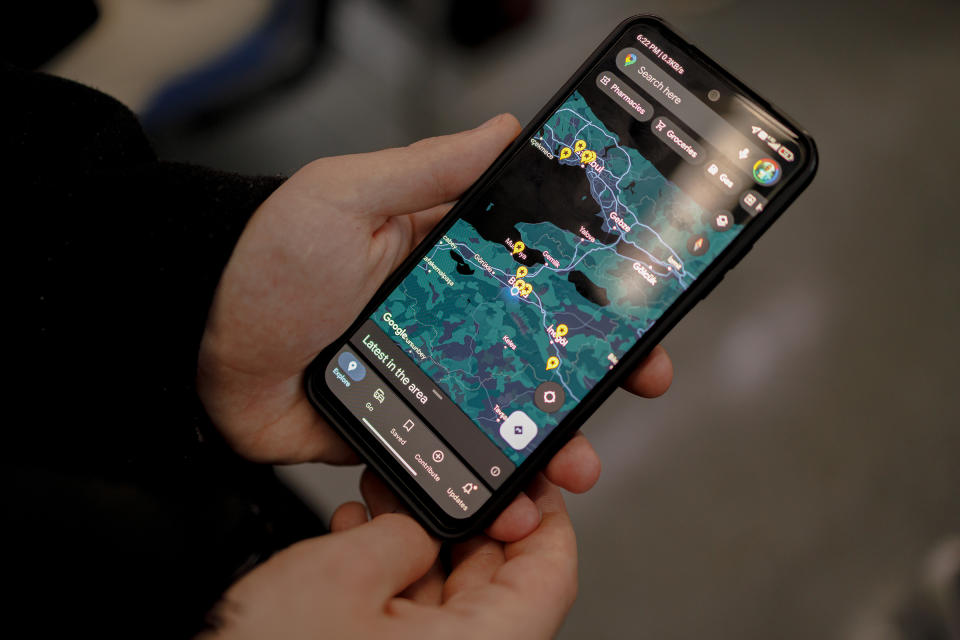
For Syrians in Turkey, the earthquake created an opportunity to move freely that was quickly followed by a wave of anti-immigrant sentiment preceding the Turkish presidential elections in May. With the re-election of Recep Tayyip Erdogan, there have been more Turkey-E.U. deals to keep Syrians at bay, pushing many to leave the country and cross to Europe by boat through perilous sea journeys.
The short 60-day window let many find a brief moment of solace amid a life of restrictions.
“This project aims to remind that the freedom of movement is not to be taken for granted, that for many people traveling is a privilege and many risk their lives in an attempt to get equal rights of movement,” Cappellari says.
